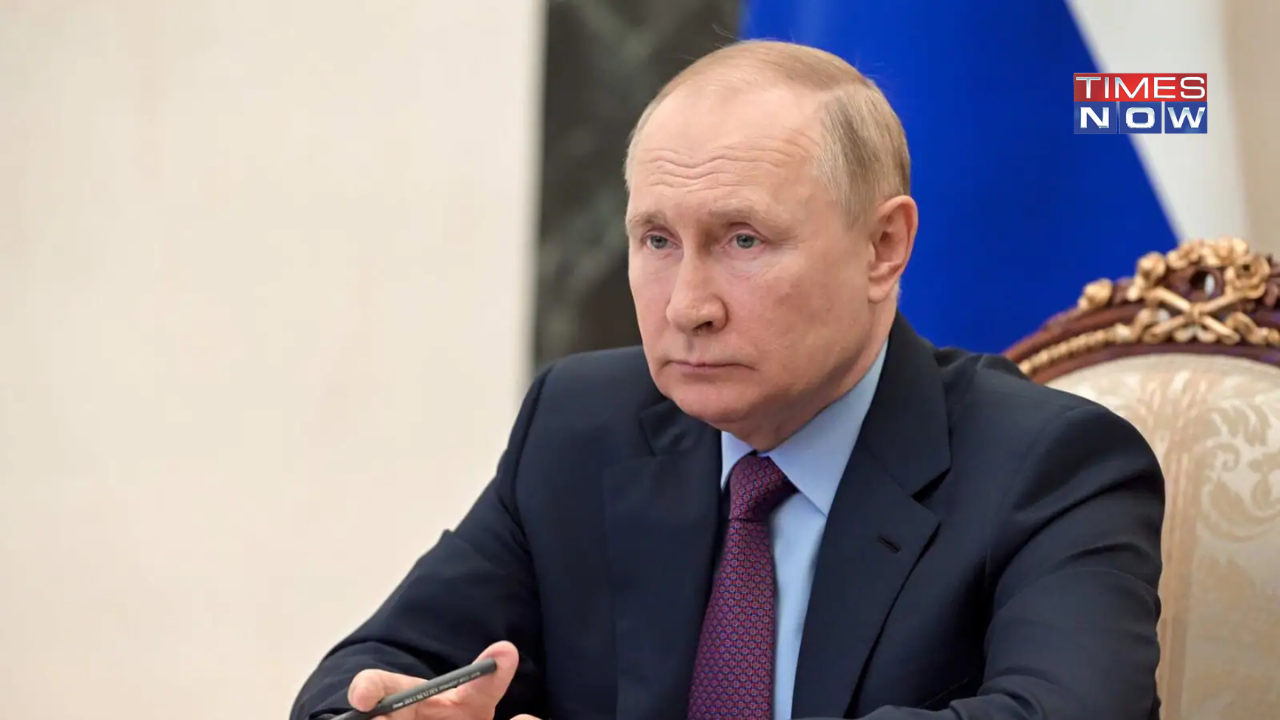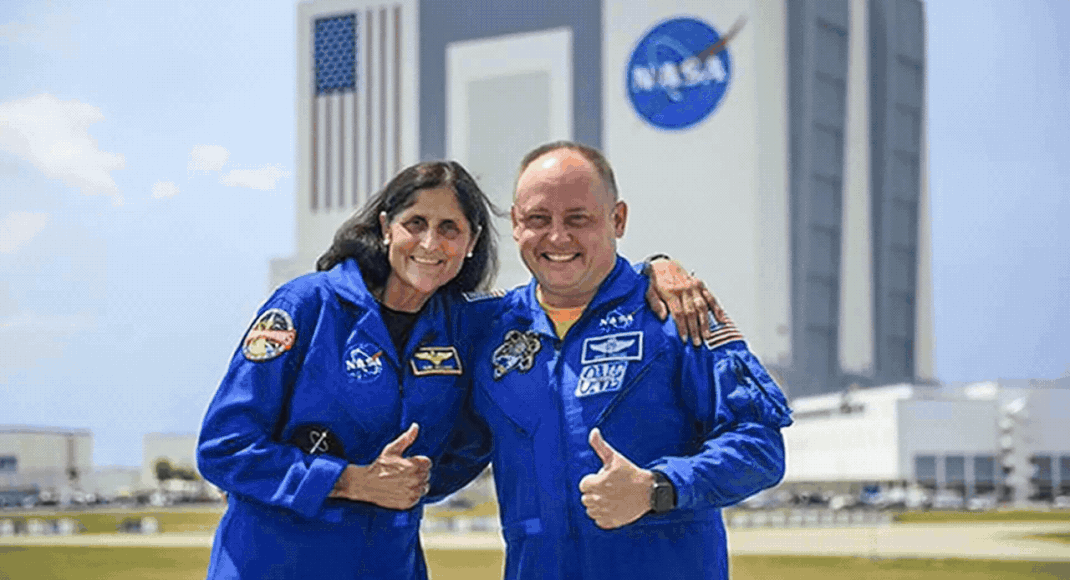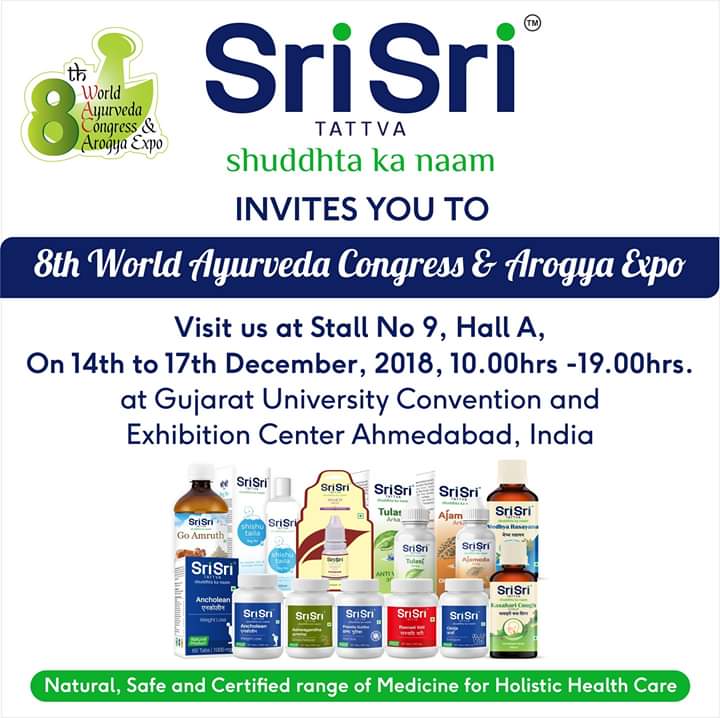


Russian scientists have developed a vaccine that may be able to treat cancer, offering hope to patients who previously had no guaranteed cure. The vaccine is currently in testing and is expected to be available in early 2025. While there is still more testing to be done, pre-clinical trials have shown promising results in slowing the growth and spread of cancer. It will be available for free in Russia, but there is no information yet on which types of cancer it will treat or what the name of the vaccine will be. Similar treatments are also being developed in other countries, such as the UK.
Background
Cancer remains a leading cause of death globally, with millions of people diagnosed each year. Despite advances in treatment, many forms of cancer still lack effective cures. The development of a cancer vaccine has long been a goal of researchers, offering the potential for a transformative approach to treating the disease.
The Russian Vaccine
In a groundbreaking development, Russian scientists have announced the creation of a cancer vaccine that shows promising results in pre-clinical trials. The vaccine is designed to stimulate the body's immune system to recognize and attack cancer cells. Animal studies have demonstrated that the vaccine can slow down the growth and spread of cancer.
Availability and Accessibility
According to the announcement, the vaccine is expected to be available in early 2025. It is anticipated that the vaccine will be offered free of charge in Russia. However, details regarding which types of cancer it will treat and its official name have yet to be disclosed.
Top 5 FAQs
1. What types of cancer will the vaccine treat? The specific types of cancer that the vaccine will target have not been announced.
2. How effective is the vaccine? Pre-clinical trials have shown promising results, but further testing is needed to determine the vaccine's full effectiveness in humans.
3. Will the vaccine be available outside of Russia? There is no information available yet on whether the vaccine will be distributed internationally.
4. Are there any side effects associated with the vaccine? The potential side effects of the vaccine have not been disclosed.
5. What are other countries doing in the area of cancer vaccines? Similar vaccine treatments are being developed in other nations, such as the UK.
Conclusion
The Russian cancer vaccine represents a significant step forward in the fight against this devastating disease. Its potential to offer hope to patients who previously had no guaranteed cure is immeasurable. While further testing is needed to fully assess the vaccine's efficacy and safety, this breakthrough underscores the ongoing efforts worldwide to develop new and innovative treatments for cancer.

Vladimir Putin's announcement about the development of a cancer vaccine in Russia has stirred up a wave of hope among patients and experts alike, with its promised release for general use as early as 2025. As the world grapples with the devastating effects of cancer, the Russian vaccine, developed with the help of AI technology, could potentially revolutionize the way we understand and treat the disease. However, with other countries also racing to develop their own versions of cancer vaccines, the competition is stiff, and the details of Putin's claim are yet to be revealed. If successful, this could mean the end of the world's biggest killer.

Indian-American astronaut Sunita Williams and her colleague Barry Wilmore have been stuck at the International Space Station for six months due to a malfunctioning spacecraft. Their rescue mission has been further delayed as NASA announced a delay in the return flight on SpaceX's Crew-9 Dragon capsule. They are now expected to spend close to ten months in space, raising concerns about their health as astronauts require twice as many calories in space due to changes in their metabolism. NASA's Commercial Crew Programme Manager has commended the SpaceX team for their efforts in preparing a new spacecraft for the mission.

Towana Looney, who had been on dialysis for eight years, became the fifth American to receive a gene-edited pig kidney transplant at New York University Hospital. The transplant was a success, with the kidney immediately turning a healthy color and functioning properly. This groundbreaking procedure is expected to become a lifesaving technology for many patients suffering from organ failure.

With the Gaganyaan mission quickly approaching, the Indian Space Research Organisation (Isro) has made significant progress in its preparations. All propulsion systems for the launch vehicle are ready, the crew escape system has been tested, and the crew and service modules are in the process of integration. According to the reply by Minister of State for Space Dr Jitendra Singh, the first uncrewed mission is targeted for the end of 2024, with a series of further missions set for 2025 and 2026. With all the ground infrastructure and support systems in place, India is gearing up for a historic first crewed mission in 2026.

Mid-December marks the peak of the annual Geminid meteor shower, where the skies come alive with bright and abundant shooting stars. Unlike most meteor showers, the Geminids are caused by debris from an asteroid, and can appear in multiple colors like white, yellow, green, red, and blue. You won't need any special equipment to witness this spectacular event, so mark your calendars for December 13-14 to catch a glimpse of the dazzling Geminids.

The US Department of Agriculture has announced new measures to monitor the spread of bird flu among dairy cows, following concerns over its impact on poultry and dairy herds. With over 400 dairy herds affected, the virus was found in cows earlier this year, sparking concerns of its spread through the milk supply. The USDA's decision includes testing lactating cows and restricting their interstate movement, as well as ongoing measures to ensure the safety of pasteurized milk for human consumption.

According to a recent study by scientists at the University of South Florida and Tampa General Hospital Cancer Institute, the high consumption of ultra-processed foods, such as potato chips and ready-made meals, may be causing chronic inflammation, suppressing the immune system and fueling the growth of colon cancer tumors. The study found a significantly higher number of lipids in these tumors, which are produced by the breakdown of processed foods and promote inflammation. The research also suggests that incorporating omega-3 fatty acids from natural sources, such as avocados and olive oil, may offer new potential for treatments to combat colon cancer. However, the transition away from processed foods will not be an easy one as they are often laden with unhealthy ingredients like sugar, saturated fats and seed oils.

The 10th World Ayurveda Congress and AROGYA Expo, attended by delegates from 54 countries, highlighted the potential of Ayurveda to revolutionize global healthcare systems. Prime Minister Narendra Modi called for a new blueprint to promote Ayurveda globally, while Uttarakhand Chief Minister Pushkar Singh Dhami praised the event's role in combining Ayurveda and Yoga. Union Minister of State for AYUSH, Prataprao Jadhav, emphasized the surge in AYUSH production and global outreach, showcasing a blend of tradition and modern technology.

The recent discovery of 56 enigmatic "UFO galaxies" by the JWST telescope has opened up new possibilities for exploring the secrets of the universe. These red, disc-shaped galaxies were hidden by thick layers of dust and debris, and their unique appearance challenges current understandings of galaxy formation. Astronomers have found that these UFO galaxies share structural similarities with the Milky Way, but contain 50 times more dust. This groundbreaking discovery throws light on the mysterious processes that lead to the creation of cosmic structures and highlights the need for further exploration of the cosmos.